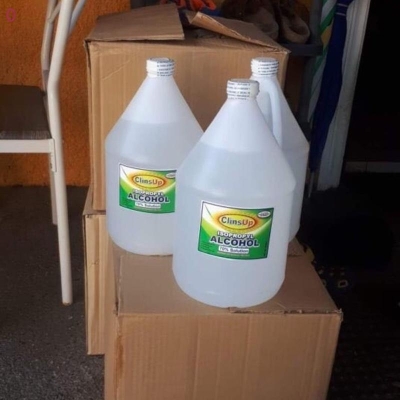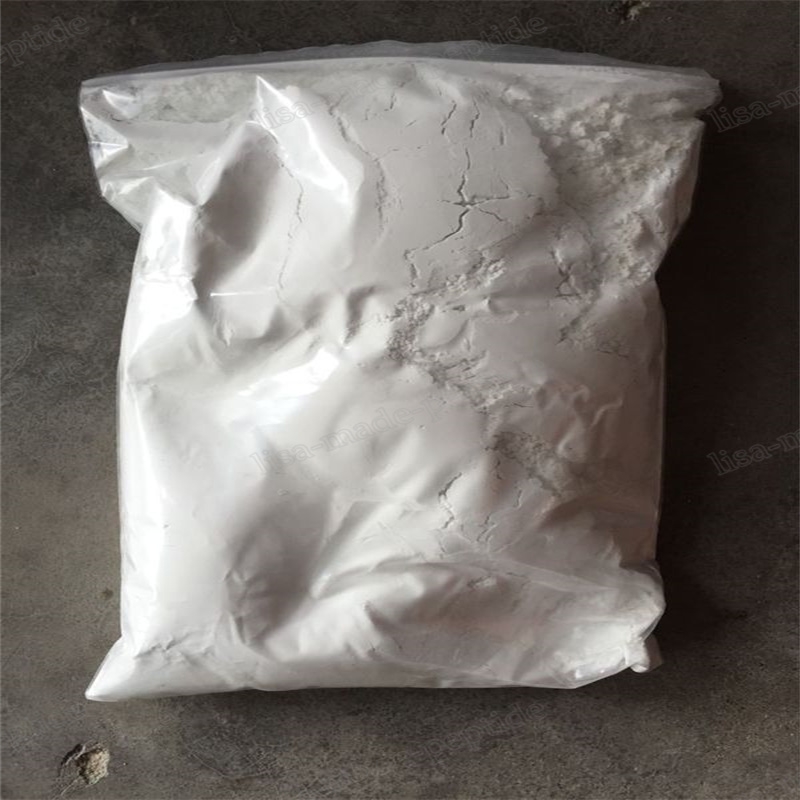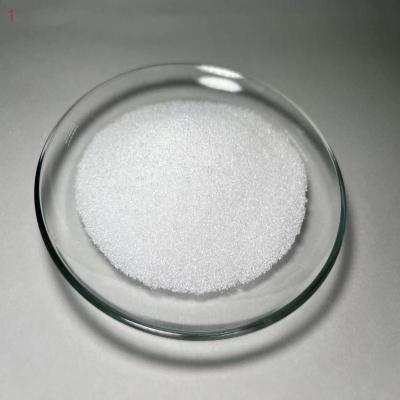-
Categories
-
Pharmaceutical Intermediates
-
Active Pharmaceutical Ingredients
-
Food Additives
- Industrial Coatings
- Agrochemicals
- Dyes and Pigments
- Surfactant
- Flavors and Fragrances
- Chemical Reagents
- Catalyst and Auxiliary
- Natural Products
- Inorganic Chemistry
-
Organic Chemistry
-
Biochemical Engineering
- Analytical Chemistry
-
Cosmetic Ingredient
- Water Treatment Chemical
-
Pharmaceutical Intermediates
Promotion
ECHEMI Mall
Wholesale
Weekly Price
Exhibition
News
-
Trade Service
Recently, 623 products that violated the Korea Safety Act on Household Chemical Products and Biocides were ordered by the Ministry of Environment and the Environmental Industry Technology Institute to withdraw from the Korean market
.
According to public information, these illegal products are roughly divided into 3 types:
❶ The product meets the safety standards stipulated by the regulations at the time of declaration, but the content of harmful substances in the product exceeds the safety standard at the time of actual sale (68 pieces)
❷ Products not declared for compliance before entering the market (543)
❸ Product label content does not meet regulatory requirements (12 items)
While imposing administrative penalties on such products, the Korean Ministry of Environment will also publicize these products on its official website, so that the public can obtain illegal information on products in a timely manner and avoid the risks caused by the
use of such substandard products.
In recent years, non-compliant lifestyle chemical products have shown a year-on-year growth trend in South Korea
.
The main manifestations are:
· In 2015, 84 unqualified products;
· 108 unqualified products in 2016;
· 114 unqualified products in 2017;
· 232 unqualified products in 2018;
· 456 unqualified products in 2019;
· 543 unqualified products in 2020;
This also confirms that the South Korean government has continuously increased the regulatory penalties for household chemical products
.
It is worth noting that this month, the Korean Environmental and Labor Commission issued another solemn statement: the Korean government will strictly prohibit the circulation and sale of illegal products in the Korean market, otherwise it will strictly investigate the legal responsibility of relevant personnel, and notify and rectify
the relevant websites of illegal sales of substandard products.
The move was prompted by the Commission's discovery in market surveillance that household chemical products banned from importing, manufacturing and selling by the Ministry of Environment have reappeared on major shopping websites
in South Korea.
Products involve:
· Coating agent for automotive interior materials (MIT content reached 46 mg/kg) that exceeded the standard using MIT (one of the culprits of the humidifier bactericide incident);
· Bathroom tile caulk that should not contain aluminum (actual aluminum content is 4580mg/kg);
· Paint sprays that should not contain lead (actual lead content is 1.
4mg/kg);
· and eyelash adhesive glue that should not contain methyl methacrylate (actual methyl methacrylate 200mg/kg).
All in all, the Korean government's supervision of domestic chemical products under K-BPR will be stricter, and penalties and accountability will gradually increase
.
Therefore, manufacturers and importers of relevant products need to strictly implement the compliance process of K-BPR household chemical products, and ensure the trust of enterprises while ensuring the normal sale of
products.







